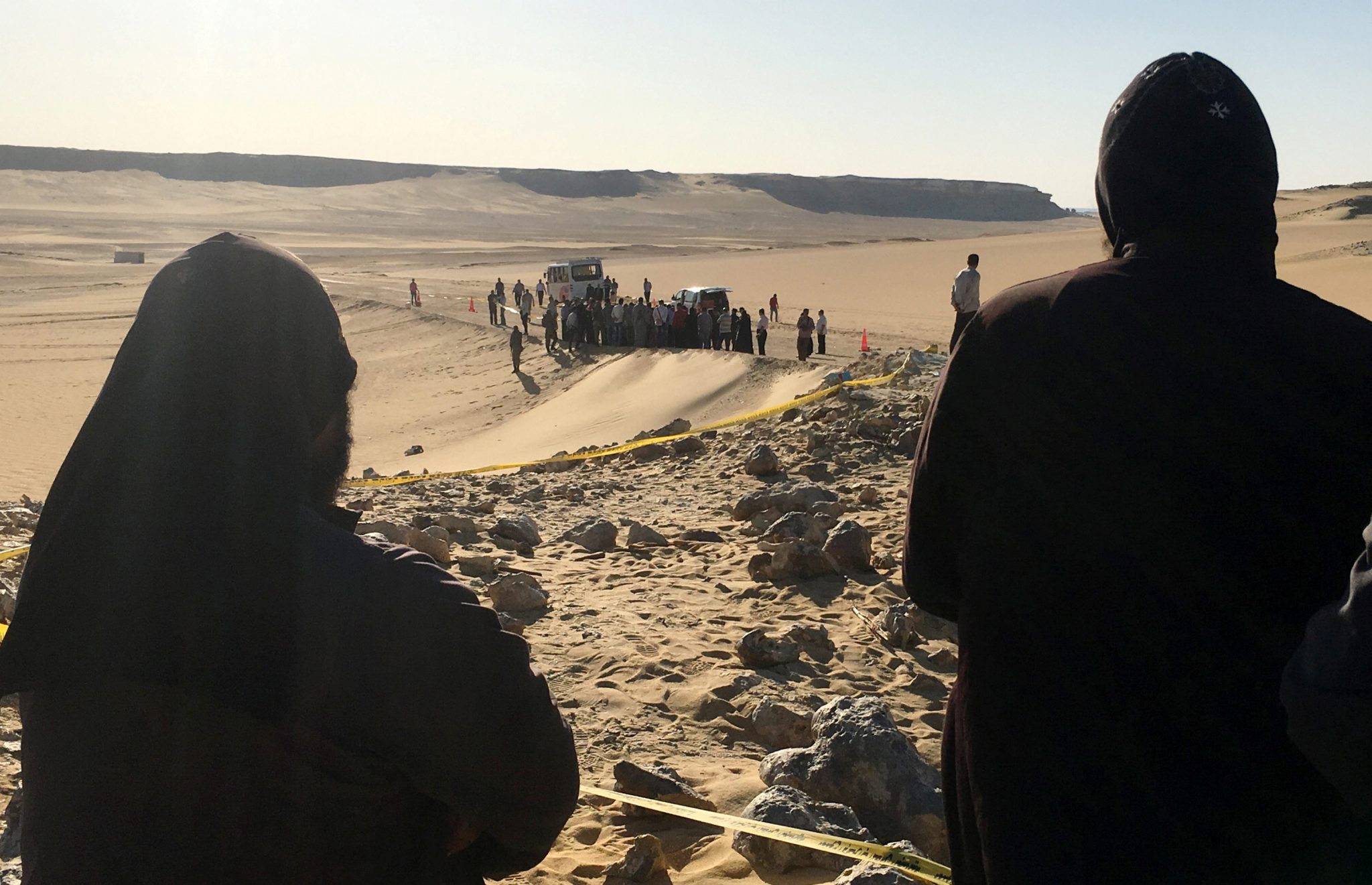Current Situation
According to statements made by the Egyptian Armed Forces (EAAF) Spokesperson, the Egyptian Air Force (EAF) targeted “terrorist gatherings” in Derna during the overnight hours of May 26-27, and in an unspecified area in Libya during the morning hours of May 27. The airstrikes were conducted after “confirming the targets’ involvement in planning and conducting the May 26 attack in Minya Governorate”. Moreover, the Libyan Air Force (LAF) stated that the airstrikes were coordinated and supported by it. Reports indicate that between six and ten airstrikes targeted locations in Derna, while at the time of writing there are no indications of other locales in Libya that were targeted. Meanwhile, the Islamic State (IS) claimed responsibility for the Minya attack during the afternoon hours of May 27.
Assessments & Forecast
The developments are notable given the rarity of direct Egyptian military intervention in Libya, and more so ones that are publicly announced, with the most recent incident being the airstrikes in Derna following the execution of 21 Egyptian Copts by the Islamic State (IS) in Libya on February 16, 2015. Moreover, it is notable as Derna is currently the stronghold of the Mujahideen Shura Council of Derna (MSCD) after having entirely expelled IS from the area on April 20, 2016. In this context, despite their links to al-Qaeda, the MSCD is mostly a domestically-oriented militant group, and along with their established and long lasting conflict with IS is unlikely to assist the group, and therefore is not likely to have direct links to the Minya attack, particularly as it was claimed by IS.
In this context, these airstrikes were more likely meant as an immediate show of force for the Egyptian populace and the international public opinion in wake of the attack, rather than actual military retaliation for it. This is particularly likely as mounting efforts by Egyptian authorities, chief among these is the nationwide state of emergency enacted in wake of the Palm Sunday attacks on April 9, failed to prevent the recent attack. As such, the Egyptian government likely felt compelled to take what will be perceived as extreme measures in order to project the extent of their efforts to protect its country and citizenry from militant attacks. This is especially aimed towards the Coptic minority which was the target of all four recent large scale IS attacks in Egypt, in an effort to offset IS’s strategy of exacerbating sectarian tensions and turning the religious minority against the government.
With this in mind, Egypt likely chose to attack Derna for several reasons that are unrelated to alleged direct involvement in the Minya attack. It is in relative close proximity to Egypt and thus well within range of Egyptian aircraft without requiring special planning and logistical support. Furthermore, the city is already negatively associated by the Egyptian populace due to the aforementioned February 2015 events. Additionally, it has been a target for the Libyan National Army (LNA) for several years, thus intelligence of locales and personnel that are still related to global jihad elements, even if not to IS, and are therefore considered “legitimate targets” was easily acquired through the established cooperation between the LNA and Egypt.
With this in consideration, it cannot be ruled out that the airstrikes were also meant to serve as direct support for the LNA in their Derna campaign, as the LNA have persistently been unable to allocate sufficient resources to the capturing of the city, due to the need to address several conflict zones that are distant from each other. Furthermore, the MSCD are likely perceived by Egypt both as a destabilizing factor for Libya, as well as a potential long-term threat to Egypt due to the group’s ties to al-Qaeda. As such, strengthening the LNA is within Egypt’s government’s interests due to the alliance between the sides, as well as the fact that a situation in which the LNA fully controls eastern Libya will prevent a spillover of militancy from the country into Egypt. FORECAST: Taken as a whole, it remains possible that Egypt will conduct additional airstrikes in Libya over the coming days and weeks, while it will likely increase its direct support for the LNA in this period. Additionally, it cannot be ruled out that Egypt will initiate a limited scale ground operation in Libya in the coming weeks.
Recommendations
Recommendations Egypt:
Travel to Cairo and Alexandria may continue while adhering to all security precautions regarding militancy and civil unrest. Consult with us for itinerary-based travel recommendations. Avoid all travel to the North Sinai Governorate and border areas with Libya, Sudan, and Israel due to the persistent risk for militant attacks, kidnappings, and general lawlessness.
Recommendations Libya:
It is advised to defer all travel to Tripoli and Benghazi at this time due to ongoing violence, threats against foreigners, and the risk of a broad deterioration of security conditions. We advise at this time that those remaining in Tripoli and Benghazi should initiate contingency and emergency evacuation plans due to deterioration in the security situation. Contact us at [email protected] or +44 20-3540-0434 for itinerary and contingency support plans. We further advise against all travel to Libya’s border areas at this time due to persistent violence and lawlessness in these regions.
